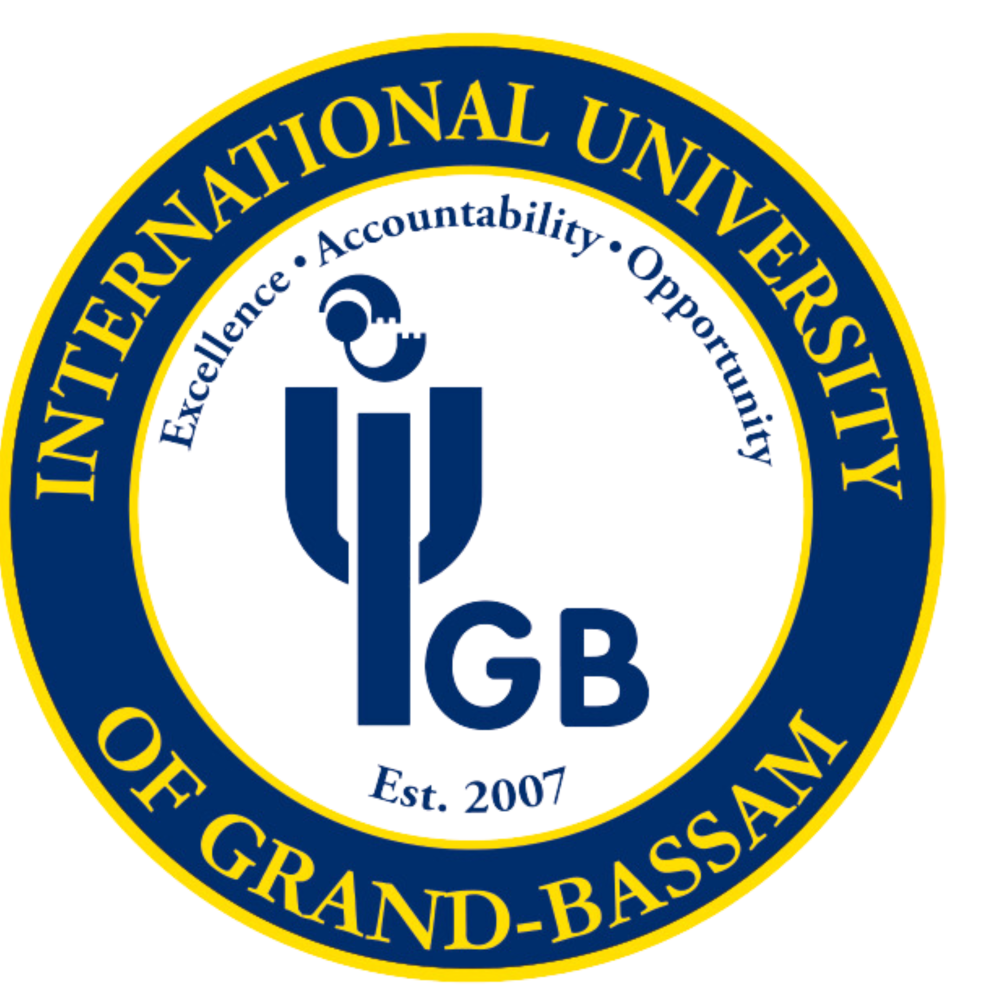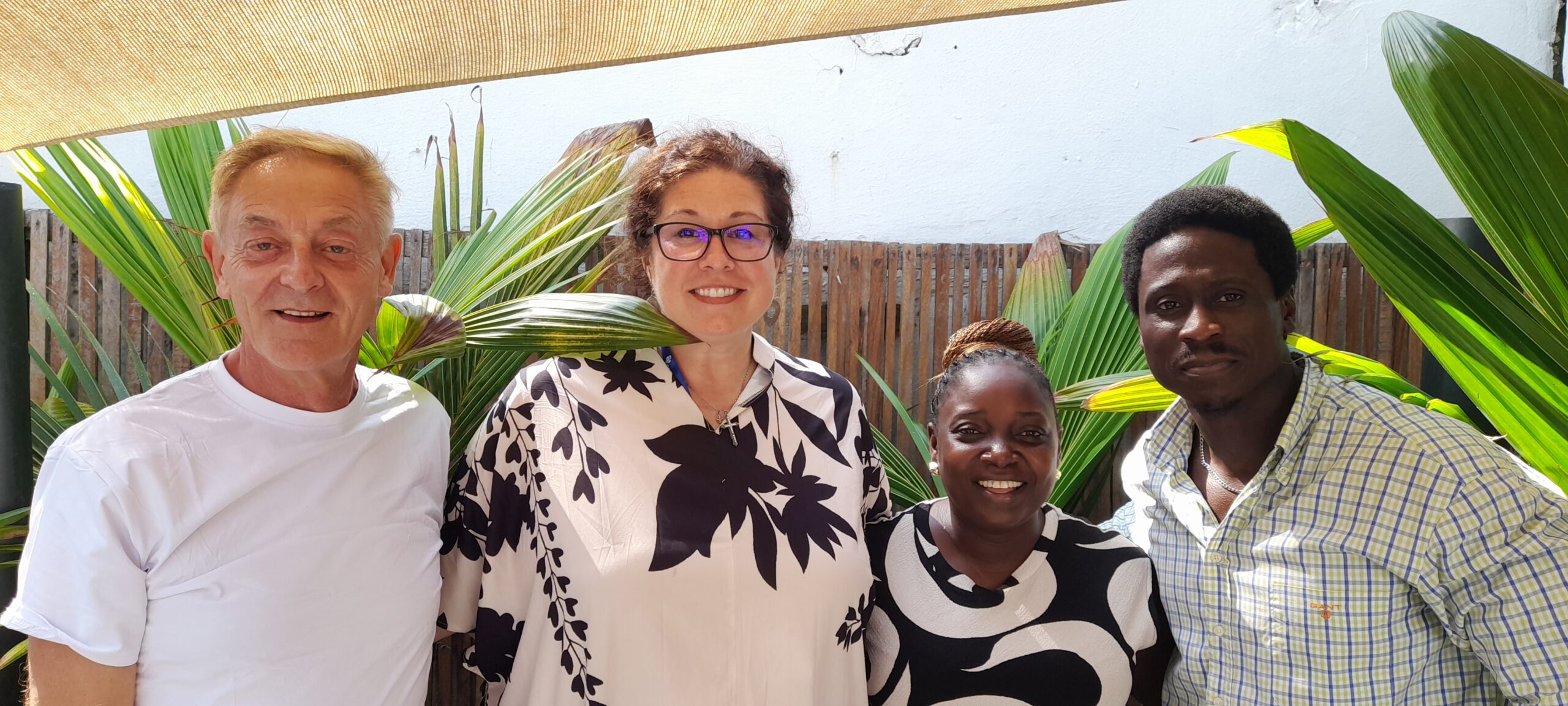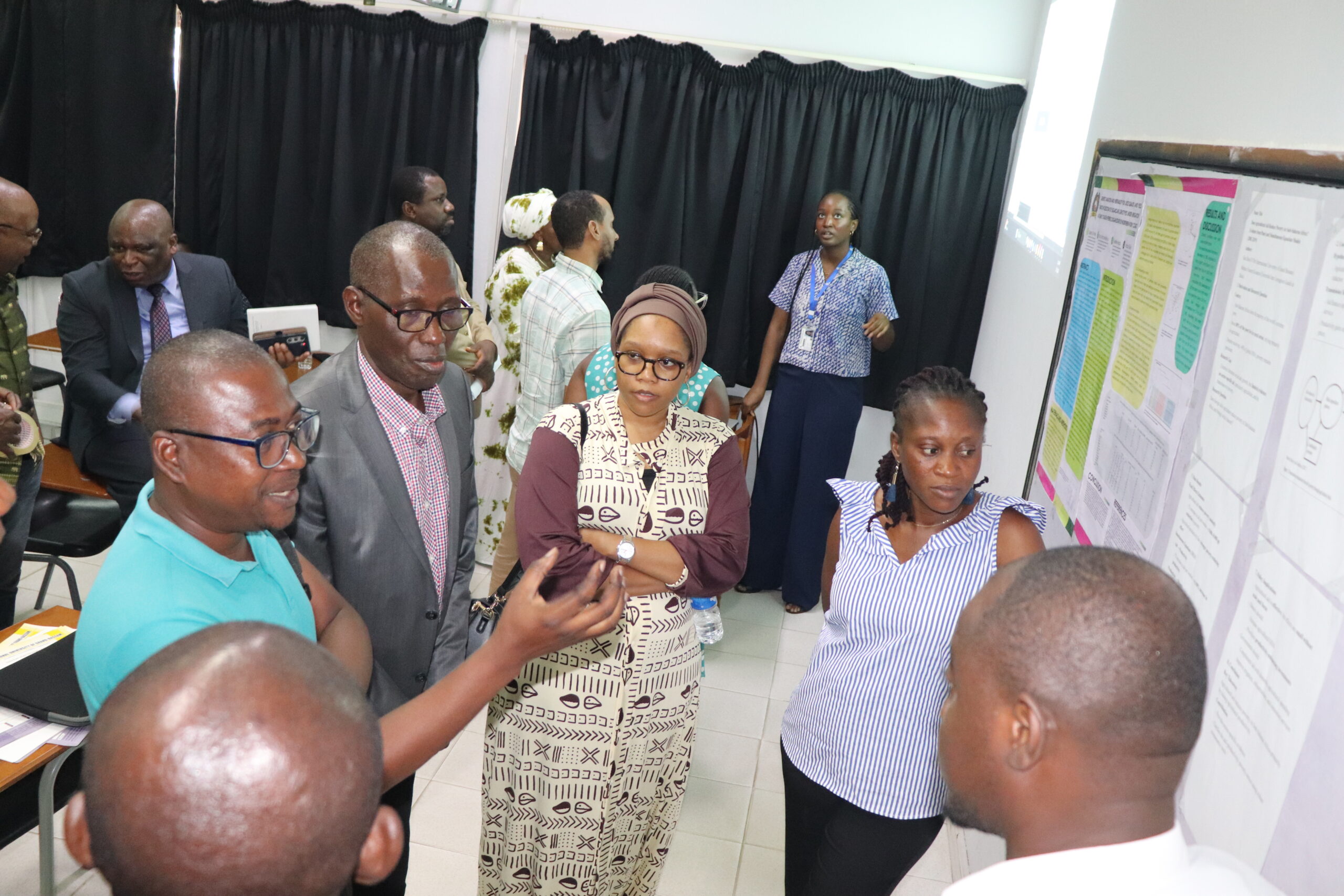– What is the IUGB Entrance Placement Exam:
The IUGB Entrance Placement Exam is a tool for determining the English level of applicants to IUGB. It is designed as an English test to assess an applicant’s language ability in four areas (listening, grammar, reading, and writing).
– The format of the test
Part 1: Listening – About 35 minutes, 40 questions
Part 2: Grammar – 25 minutes, 40 questions
Part 3: Reading – 40 minutes. 34 questions
Part 4: Writing – 1 question, 30 minutes
– How to study for the Entrance Placement Exam
General Tips
- Understand the Format: Familiarize yourself with the types of questions asked in each section of the exam. Ask your admissions counselor for more information on the test.
- Identify Your Weaknesses: Take practice tests or look at sample questions to identify areas where you need the most improvement. Focus your study efforts on those areas.
- Time Management: Practice answering questions under timed conditions to simulate the experience of the actual exam.
- Stay Calm and Focused: Don’t let nerves get the best of you. Take a few deep breaths before starting, and try to stay relaxed as you go through the questions.
- Language Learning Apps: Use apps like Duolingo or Memrise to supplement your vocabulary and grammar practice.
- Tutoring: If you need more focused help, consider finding a tutor specializing in English language preparation.
Specific Tips for Each Section
- Listening
- Active Listening: Practice listening to English language news broadcasts, podcasts, and lectures. Focus on understanding the main ideas and key points.
- Vocabulary: Expand your vocabulary by learning new words through reading and listening activities.
- Grammar
- Review Fundamentals: Brush up on basic grammar concepts like parts of speech, verb tenses, sentence structure, and punctuation.
- Practice Exercises: Use online resources or grammar textbooks to do practice exercises on the areas you find most challenging.
- Identify Patterns: Try to identify common grammatical errors you make and work to correct them.
- Reading
- Read Actively: Read a variety of English texts (articles, short stories, etc.). Underline key points and make notes in the margins.
- Build Vocabulary: Learn new words in context and look up any unfamiliar vocabulary.
- Writing
- Structure and Organization: Practice writing well-organized paragraphs and essays with clear thesis statements and supporting evidence.
- Grammar and Mechanics: Pay close attention to correct grammar usage, spelling, and punctuation.
- Proofreading: Always re-read your writing carefully to catch any errors before submission.
Websites that students can use to study/test their English proficiency:
- Test Your English: PDFTests.com
- English Practice Test: Download PDF Tests
- Practice your English with AI: ELSA AI
- Listening Test: https://test-english.com/listening/
- Listening Test: https://www.oxfordonlineenglish.com/english-level-test/listening



